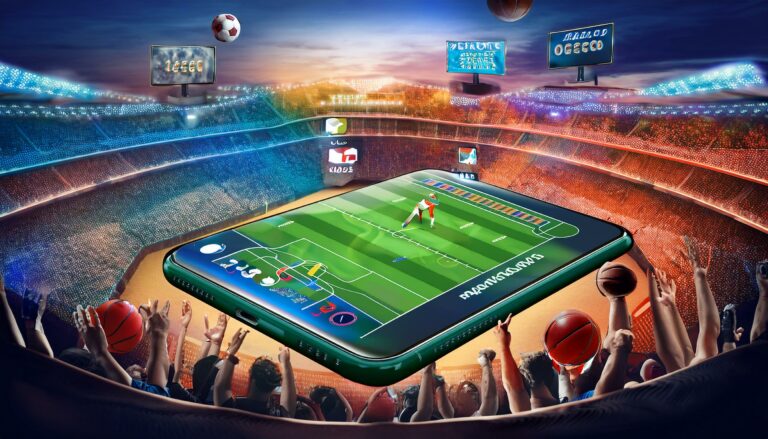The Future of Catering Technology: AI and Robotics in the Kitchen: Laserbook247, Lotus 299.com, 11xplay reddy login password
laserbook247, lotus 299.com, 11xplay reddy login password: The Future of Catering Technology: AI and Robotics in the Kitchen
We live in a world where technology is constantly evolving, and the catering industry is no exception. With the rise of AI and robotics, the kitchen of the future is set to be more efficient, productive, and innovative than ever before. Let’s explore how these advancements are shaping the future of catering technology.
Enhanced Efficiency with AI
AI, or Artificial Intelligence, is revolutionizing the way kitchens operate. AI-powered systems can analyze and predict customer preferences, optimize inventory management, and streamline food production processes. With AI, caterers can make more informed decisions based on data insights, leading to increased efficiency and profitability.
Improved Quality Control
One of the biggest challenges in catering is maintaining consistent quality across large volumes of food. Robotics in the kitchen can help solve this issue by ensuring precision and accuracy in food preparation. From chopping vegetables to grilling meat, robots can perform tasks with precision and consistency, resulting in higher quality dishes every time.
Increased Food Safety
Food safety is of utmost importance in the catering industry, and AI and robotics can help uphold high standards. AI systems can track and monitor food storage temperatures, identify potential hazards, and even predict food spoilage. Robots can also assist in food handling processes, reducing the risk of contamination and ensuring safe and hygienic food preparation practices.
Streamlined Operations
AI and robotics can automate repetitive tasks in the kitchen, allowing catering staff to focus on more creative and strategic aspects of food preparation. From food assembly to dishwashing, robots can perform routine tasks efficiently, saving time and increasing overall productivity. This automation can also lead to cost savings for catering businesses by reducing labor costs and minimizing human error.
Personalized Customer Experiences
With AI, caterers can personalize customer experiences by analyzing data on customer preferences and behaviors. AI-powered systems can recommend menu items, suggest specials based on customer profiles, and even tailor portion sizes to individual preferences. This level of personalization can enhance customer satisfaction and loyalty, leading to repeat business and positive word-of-mouth referrals.
Sustainable Practices
In addition to improving efficiency and quality, AI and robotics in the kitchen can also promote sustainability in the catering industry. By optimizing ingredient usage, reducing food waste, and conserving energy, these technologies can help caterers operate in a more environmentally friendly manner. This focus on sustainability is not only good for the planet but can also appeal to eco-conscious customers.
FAQs
Q: Will AI and robotics replace human workers in the catering industry?
A: While AI and robotics can automate certain tasks, human workers will still play a crucial role in the catering industry for creative, customer service, and management functions.
Q: Are AI and robotics affordable for small catering businesses?
A: The cost of implementing AI and robotics in the kitchen can vary, but there are solutions available for businesses of all sizes. Many providers offer customizable options to suit different budgets and needs.
Q: How can catering businesses stay ahead of the curve with AI and robotics?
A: To stay competitive, catering businesses should invest in ongoing training and education on AI and robotics, keep abreast of industry trends, and be open to incorporating new technologies into their operations.
In conclusion, the future of catering technology is bright with the integration of AI and robotics in the kitchen. From enhanced efficiency to personalized customer experiences, these advancements are reshaping the way caterers operate and setting new standards for quality, safety, and sustainability. As the industry continues to evolve, catering businesses that embrace these technologies are poised for success in the dynamic landscape of the modern culinary world.







